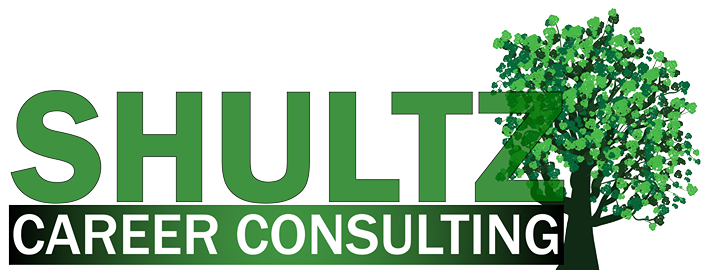Have you stopped and thought about how much time your job takes up? There is the time you spend working at your job but there is also the time you spend getting to and from your job and emails you might receive before and after work and even on the weekends. Plus, there is the time you spend just thinking about work. In short, because work can take so much headspace, it is important to be in a job that – hopefully – brings you enjoyment, fulfillment, and salary and benefits that support your lifestyle.
Which brings us to our question: Should you quit your current job to look for a new job? There are pros and cons to quitting before having a new job, but like with most things, you will have to answer some questions before making the best decision for you.
Here are 10 questions you should ask yourself before deciding to quit your job:
- Do you have enough money saved to live off of for up to six months?
- If you quit your job, will you still have health insurance? The answer is yes if you are on your spouse or partner’s health insurance. If not, you will need to buy health insurance through COBRA or the open market. That can be expensive, especially if you have dependents.
- Do you have the required education, skills, and experience for the occupation you are targeting? If not, it might take longer to get hired.
- Will you have the necessary funds saved to live off of if your job search takes longer than you anticipated?
- Are you willing to relocate? The broader your geographic search, the more opportunities will be available to you. Also, there are increasingly more remote job opportunities, where you can work from home for a company located elsewhere.
- How prepared are you today to start applying for jobs? There are a number of things you should consider as you move into the job application process: Is your resume updated and professionally edited? Does it list a professional statement highlighting your unique experience and abilities? Does it list your skills? Does it address your accomplishments or is it just a list of job duties?
Here are other aspects to consider as you start the job-seeking process
Do you have a sample cover letter written that you can modify for each job you are applying to? Is your photo and profile complete on LinkedIn? Does your profile include endorsements? Do you know who you will ask to serve for references?
- You also want to know the availability and demand for the position you are trying to land. Have you researched the job market for your desired job? Is it a growing field or a shrinking one? If it’s growing, more opportunities will be available. Such growing fields also often have moving targets when it comes to the skillsets to meet the demands of such positions.
- Also, make sure you can portray your experience and skills to match a hiring employer’s needs. Do you know the desired and required qualifications for the job?
- Job searching can be a full-time job. Do you have time to dedicate to the “to do’s” of a job search while balancing your current workload?
- How unhappy are you at your job? How demanding is it? Do you feel overworked? To what extent, or at all, is your job negatively impacting your mental or physical well-being? How might a new career improve your work-life balance?



